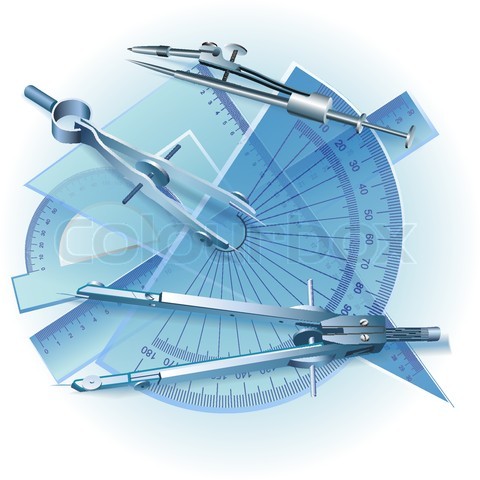What is your Product Development Strategy? Is it Working?
 Because there are so many different kinds of businesses, it is difficult to write this section in as generic a fashion as the others. However, for many businesses the product development function is the company’s life blood. This is true for several reasons. First, for a “product company”, products are what you sell and it is essential that you are able to deliver to a changing market what it demands. Beyond that, since product development is one of the most expensive pieces of many businesses, a lack of efficiency or skill, bad processes or bad product roadmaps, products developed with poor quality and other like issues can impair or destroy the market strategy.
Because there are so many different kinds of businesses, it is difficult to write this section in as generic a fashion as the others. However, for many businesses the product development function is the company’s life blood. This is true for several reasons. First, for a “product company”, products are what you sell and it is essential that you are able to deliver to a changing market what it demands. Beyond that, since product development is one of the most expensive pieces of many businesses, a lack of efficiency or skill, bad processes or bad product roadmaps, products developed with poor quality and other like issues can impair or destroy the market strategy.
For many companies, product development is divided between product management and engineering. Product management is responsible for working with the executive team, marketing, sales and customers, as well as for assessing competitive forces in the market in order to come up with the right roadmaps and strategies to drive the business to a competitive edge in line with the strategy. Having a meaningful process – with the right levels of engagement, review, feedback and controls – to execute this piece of product development is essential. Engineering is, of course, responsible for the development and test of the roadmap items. While engineering needs solid processes such as design reviews, pair-wise programming, design patterns, Agile development, etc., it also needs the right tools to ensure that development proceeds efficiently. Further, other factors such as leveraging open source software, hardware and software re-use and leveraging other 3rd party hardware or software building blocks can influence the efficiency of the function. As all of this can be very complicated, it is often intimidating for General Managers to fully explore, understand and assess product development. I believe this is a mistake. While as GM you may not understand all nuances and details, with a thoughtful review and even modest experience, you will be able to tell an efficient operation from one that is disorganized and inefficient.
While this is true of all other areas of the company as well, talent is of major importance in most development operations. Not all employees in the function need to be “wizards of the industry”. However, in lead roles or where complex new technology is being developed, top talent – while expensive – is worth it in terms of time-to-market alone.
